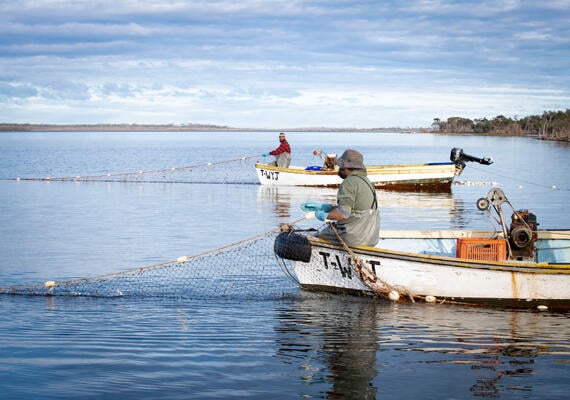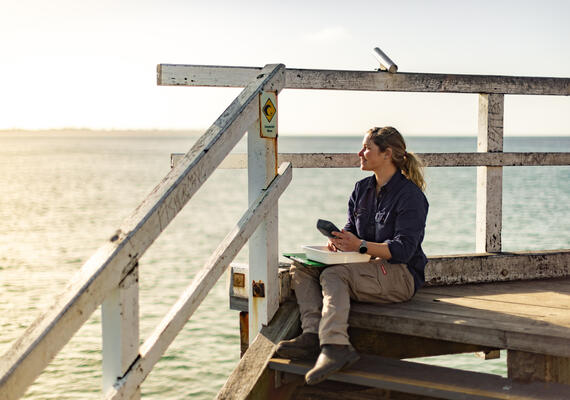Our researchers are specialists and leaders in their fields, dedicated to addressing a range of fundamental and applied questions related to the ecology and evolution of native and invasive species.
Associate Professor Craig Sherman is the associate head of school (research and industry engagement) of Deakin’s School of Life and Environmental Sciences. His research uses a combination of ecological and molecular approaches to address fundamental questions in the fields of ecological restoration, marine biosecurity, pest species biology and genetic adaptation.
Dr Adam Miller is a senior lecturer and an ecological geneticist affiliated with the Centre for Integrative Ecology at Deakin. Adam’s research focuses on addressing fundamental questions about species ecology and evolution, resilience to environmental change, and working with industry and government agencies to support the management of pest species.



